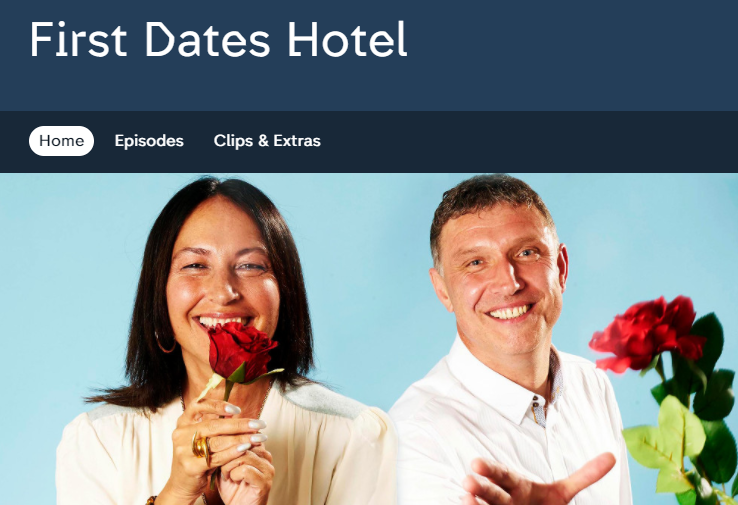Dating advice for job seekers

About the author
Richard Bailey Hon FCIPR is editor of PR Academy's PR Place Insights. He teaches and assesses undergraduate, postgraduate and professional students.

What would be wrong with these conversational gambits on a first date?
‘I’m not looking for a long-term relationship. I’m just looking for sex.’
‘I want to be married with two children, a Labrador and a house in the country by the age of thirty.’
They’re obviously both self-centred and show no regards for the feelings or interests of the other party in the conversation.
Car crash dates are dramatic. I don’t mind admitting I’m a fan of Channel 4’s First Dates and First Dates Hotel. The dynamics and back stories are so compelling.
What does this detour into popular culture have to do with professional practice?
We know a lot about dating, even if our first-hand experience was long in the past. I’ve enjoyed hearing about ‘swiping right’ and ‘Netflix and chill’ from a series of blog posts from Ulster University students last week (the week containing 14 February).
So the changing mores, technology and vocabulary of dating are accessible to all.
Why is that other matchmaking process – between those with vacancies and those seeking work – still so shrouded in mystery? Why haven’t we learnt any lessons?
We can still see car crashes happening in public. Whether it’s the student publicly tweeting their availability for work experience to one consultancy after another (would we approach strangers in the street and ask them for a date?) or those sharing their shocking interview experiences or rejection letters in public (how does that look to potential future employers?).
Of course an interview feels like it’s all about us, and rejection hurts. But it’s not, and it shouldn’t.
An interview is not all about you: it’s all about them (and their needs). You come into it when they’re considering whether you meet their current need, and are capable of adapting to future demands.
My guide to job interviews is James Reed (chairman of recruitment specialist REED) and his highly recommended £9.99 paperback Why You? 101 Interview Questions You’ll Never Fear Again.
He points out that your CV is about the past, whereas the recruiter is looking to the future.
‘All that any business can do about the future is to employ people who can cope with change. If you can lead change – relish it, even – you will be in demand. Employers want people who will thrive in a workplace that might be unrecognisable three years from now.’
The key message in his book is not to treat an interview as a chance to solve your problems (money, ambition), but as an opportunity to solve an employer’s problem. So your interview answers should not be all about you – but rather focused on their needs.
Then there’s the lesson from blind dates. Who would meet a complete stranger without a bit of due diligence (a Google search or a bit of Facebook stalking) beforehand? At very least we like to have seen a photograph so we know who to look out for.
So why should it be surprising that a potential employer might do the same thing?
It’s now almost a decade since the then European head of a large global consultancy told me, on mentioning a graduate they’d just taken on in the London office, ‘We’d been following him for some time.’
That opened my eyes. That a global public relations consultancy could devote time to tracking a student who’d not yet even applied to their graduate scheme surprised me.
But every year since then I’ve realised that for every graduate desperate for a break, there is an employer desperate to identify and recruit talent.
If you’re already a large consultancy, how do you continue to grow? You can acquire smaller specialists (often for the people rather than for their clients) and you can recruit and develop your own people. You need capable people to service clients and to win new business and enter new markets.
People are the main constraint on growth in the public relations business (that’s why there’s so much movement amongst mid-career practitioners: they’re in demand).
But the world moves on. A decade ago, having a professionally-focused blog would bring you to the attention of the large employers. Now, it’s harder to stand out through blogging alone.
You should focus on:
- Your LinkedIn profile – including your posts and recommendations you’ve received.
- Your Twitter profile – how many followers, and the nature of the interests and conversations
- Your blog and beyond – how consistent is your online presence; have you tried other formats (video, audio)?
The key thing with dating is to make yourself attractive to the other person. So what are you doing to make yourself attractive to potential employers or clients?
It should start long before you metaphorically swipe right.